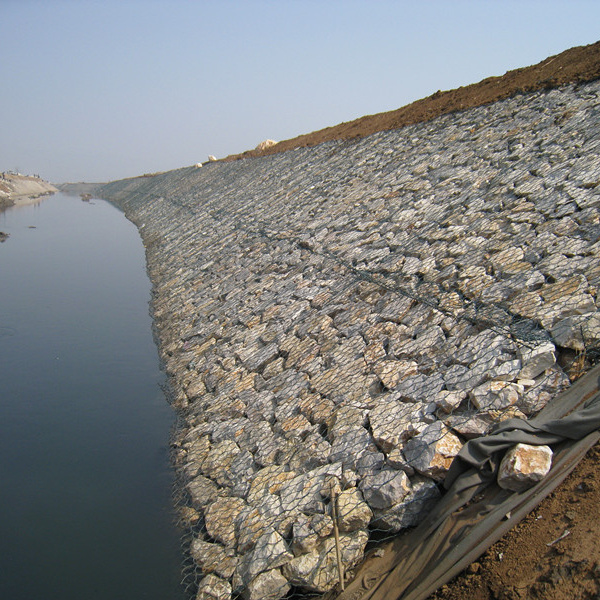ส.ค. . 14, 2024 15:48 Back to list
Understanding the Costs and Benefits of Purchasing Gabion Walls for Your Construction Projects
Understanding the Cost of Gabion Walls
Gabion walls have become an increasingly popular choice for landscaping, erosion control, and structural reinforcement due to their durability, versatility, and aesthetic appeal. These walls, constructed from wire mesh filled with materials like rocks, concrete, or even recycled materials, provide an eco-friendly solution to many civil engineering challenges. However, if you're considering the installation of gabion walls, it’s essential to understand the various factors that influence their cost.
Material Costs
The cost of gabion walls predominantly depends on the materials used. The primary components include the wire mesh, the fill material, and the foundation.
1. Wire Mesh The wire mesh is a crucial part of gabion walls as it contains the fill material. Galvanized steel is the most common choice for its resistance to rust and corrosion, though PVC-coated options are available for improved visual appeal and longevity. The price for wire mesh can vary significantly based on thickness and gauge, typically ranging from $1 to $4 per square foot.
2. Fill Material The type and source of the fill material can greatly influence the overall cost. Natural stones are the most commonly used fill, but the price can vary based on local availability. For instance, locally sourced gravel or limestone may cost between $30 to $50 per ton, while imported decorative stones can escalate to $100 per ton or more. Other materials like recycled concrete or bricks can be a budget-friendly alternative if they are available in your region.
Labor Costs
Labor is another significant factor in the overall cost of gabion wall installation. While DIY options can reduce expenses, professional installation is often recommended to ensure durability and stability. Labor costs can range from $20 to $50 per hour, depending on your location and the contractor’s expertise. Complex projects, particularly those involving high walls or intricate designs, will naturally incur higher labor costs.
buy gabion walls cost

Design and Engineering Considerations
The design of the gabion wall can also play a role in the overall expense. Standard designs are less costly, while custom shapes, heights, and configurations will require additional planning and resources. If your project requires an extensive and complex design, working with a landscape engineer may enhance the wall's aesthetics and functionality but will add to the project cost.
Site Preparation and Foundation
Before constructing a gabion wall, proper site preparation is essential. This may involve clearing the area, grading the land, or pouring a concrete foundation depending on the wall's height and purpose. Site preparation costs can vary based on the existing landscape conditions, and adding a foundation could range from $3 to $10 per square foot, contributing significantly to the total expense.
Location and Environmental Factors
Prices vary by location, as geographic factors can influence the availability of materials and labor costs. Urban areas typically have higher labor costs but may offer easier access to certain materials. Additionally, environmental factors, including the specific site challenges (such as slope or soil composition), can necessitate advanced engineering solutions and techniques, ultimately impacting overall costs.
Conclusion
In summary, the cost of gabion walls is influenced by a multitude of factors, including material and labor costs, site preparation, design complexity, and geographic location. While the initial investment may appear significant, the long-term benefits of gabion walls, such as their durability, low maintenance requirements, and ecological advantages, often outweigh these expenses. For those looking to enhance their property while addressing erosion concerns, gabion walls present an attractive option worth considering.
-
The Role of Galvanized Gabion Mesh in Riverbank Protection
NewsJun.26,2025
-
The Role of Gabion Basket Raised Bed in Sustainable Gardening
NewsJun.26,2025
-
Quality Assurance of Wire Mesh Gabion Baskets
NewsJun.26,2025
-
Installation Guide for Welded Gabion Box
NewsJun.26,2025
-
How to Choose the Right Gabion Box
NewsJun.26,2025
-
Different Types of Gabion Wire Mesh
NewsJun.26,2025
-
Why PVC Coated Gabion Mattress Is the Best Solution for Long-Term Erosion Control
NewsMay.23,2025






